Publications
Articles, publications, books, tools and multimedia features from the U.S. Institute of Peace provide the latest news, analysis, research findings, practitioner guides and reports, all related to the conflict zones and issues that are at the center of the Institute’s work to prevent and reduce violent conflict.
Question And Answer
Amid a Changing Global Order, NATO Looks East
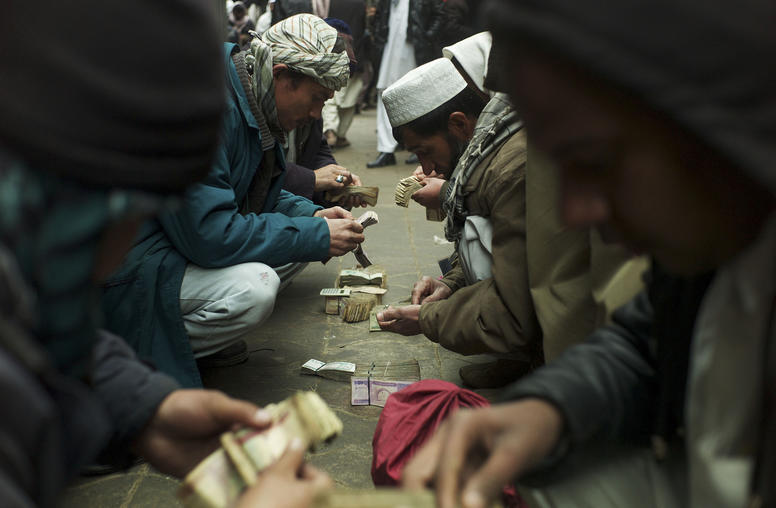
Dismembering Afghanistan’s Ministry of Finance
In Afghanistan, where corruption and ineffective government have hampered efforts to build a functioning state, the Ministry of Finance has been a standout performer. Competently run since as early as 2002, the ministry collects substantial revenue, manages aid inflows, pays public employees, funds key public services and has won the confidence of donors. Now, all that is threatened. The Afghan government is eviscerating the ministry—carving out key constituent parts, putting them directly under the presidential palace, and gravely weakening one of the country’s most effective institutions. It’s a move that’s bad for Afghanistan’s governance and financial viability. It will harm the country’s development and jeopardizes the sustainability of peace if an agreement is reached with the Taliban.
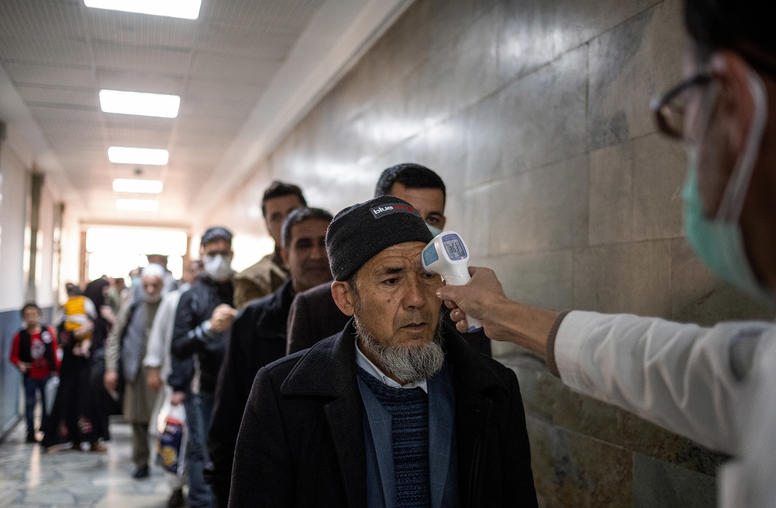
Don’t Leave Fragile States Behind in the Fight Against Coronavirus
Since the World Health Organization declared COVID-19 a global pandemic, the virus has demonstrated it can infect anyone, anywhere. The disease has affected 179 countries and regions and has spread to all 50 U.S. states. Yet if the pandemic has spread far and wide, its impacts have not been the same everywhere. The disease may be taking radically different trajectories, even among wealthy countries. While it may be too early to tell how the disease’s spread will play out in specific countries, one thing is certain: the world’s fragile states—where the social contract between citizens and the state is severed or weak—are likely to be the hardest hit, and that could pose a significant risk to the global pandemic response.
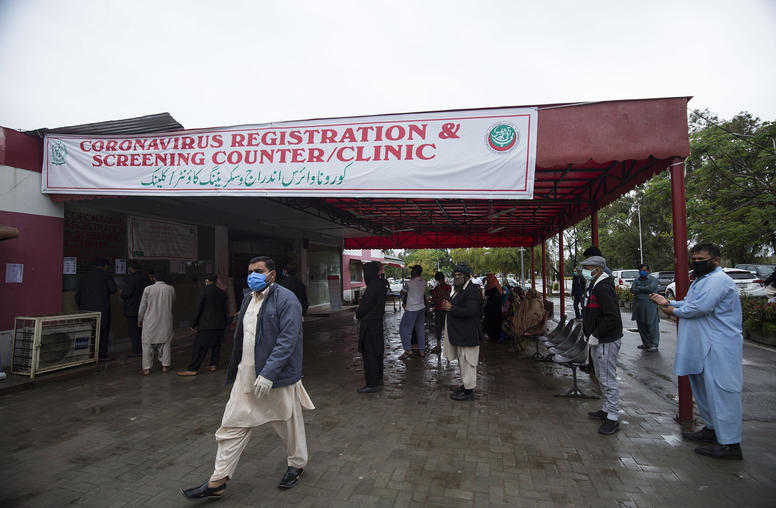
Pakistan’s Looming Coronavirus Crisis
In the weeks since Pakistan’s first confirmed cases of coronavirus, the country’s response has laid bare troubling weaknesses in governance, public health, and economic stability—and raised serious questions about Pakistan’s capacity to weather a large-scale outbreak absent significant international assistance. USIP’s Cyril Almeida and Ambassador Richard Olson look at how friction between the military and federal government poses a risk to Pakistan’s democracy, the possible avenues for medical and economic relief, and what COVID-19 means for the situation in Kashmir and Pakistan’s role in the Afghan peace process.
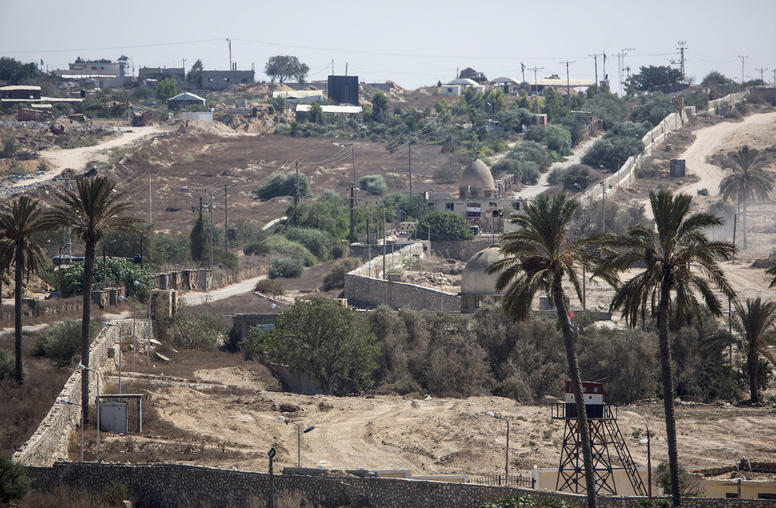
In Gaza, Israelis and Palestinians Face a Common Foe in Coronavirus
On March 22, authorities in Gaza affirmed the inevitable: the first two confirmed cases of COVID-19 in the Gaza Strip. Gazan officials reported that the two men were immediately quarantined upon entry via Egypt’s Rafah border crossing with the enclave and have remained there, along with all those who had been in contact with them. Yet, since then, the number of confirmed cases has jumped to 10, and the question of how long a further spread of the virus into Gaza can be contained weighs heavily for this densely populated territory, long beleaguered by wars and severe deficiencies in its healthcare infrastructure.
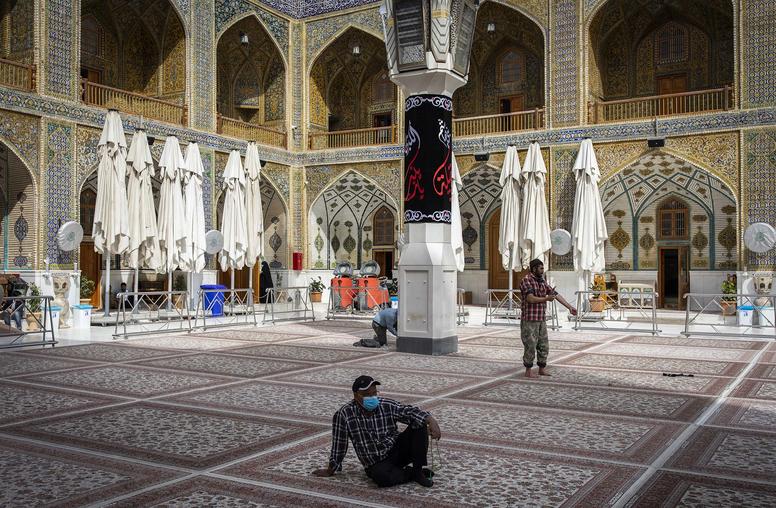
Six Challenges Facing a Fragile Middle East Amid Coronavirus
The COVID-19 pandemic has proven a challenge even for wealthy countries with the most robust health care systems. For the Middle East—a region with no shortage of dangerous pre-existing conditions—it could be far worse. The virus now appears to be spreading to a part of the world where, over the past decade, conflict and displacement have become widespread while effective governance and social cohesion have eroded.
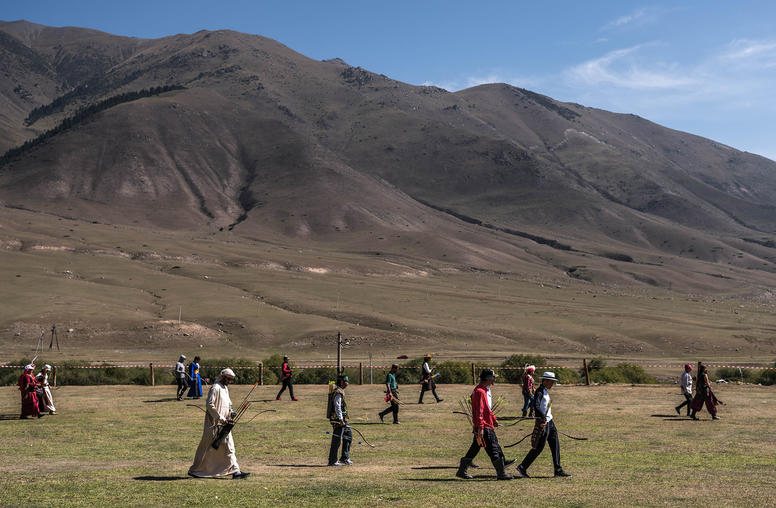
Central Asia and Coronavirus: When Being Nomadic Isn’t Enough
“Do you know how nomads prevent conflict?” a Kazakh friend once asked me. “I turn this way; you turn the other way. We start walking.” In ordinary times in Central Asia, this traditional “social distancing” may be enough to avert friction. But in a time of pandemic, it isn’t. Like elsewhere, the novel coronavirus is challenging Central Asian states and societies in new ways and revealing a great deal about the character of peoples and their governments. Here’s a look across the region at how the crisis has affected its states and how leaders have responded.
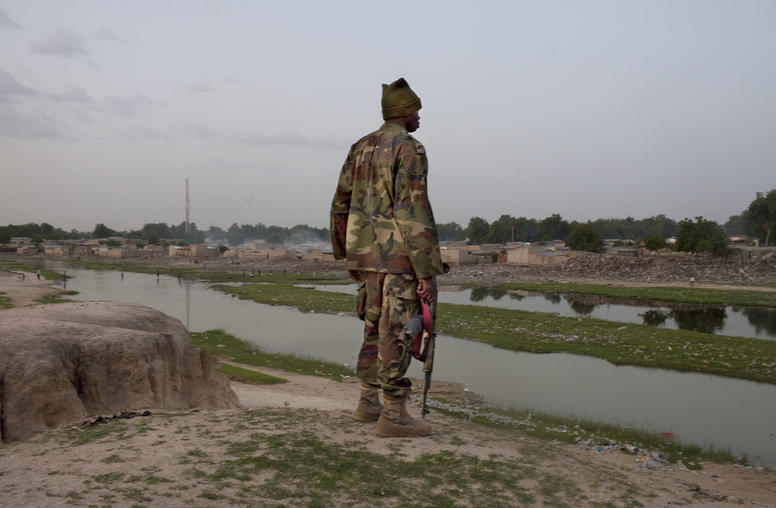
Nigeria Should Build Peace Like it Fights Coronavirus
Nigerian leaders struggling to reduce violence in the country’s myriad conflicts should take some lessons—from their own response to the coronavirus. While Nigeria’s COVID-19 ordeal is still unfolding, its eventual casualties unknown, the Nigeria Center for Disease Control (NCDC) and several governors have modeled the ways to reduce catastrophic outbreaks. The simple existence of a national prevention center with sustained resources has proven critical. Key officials have applied vital principles, acting at the first sign of danger and keeping the public widely informed. These are precisely the ways to confront Nigeria’s other national plague—of violence.
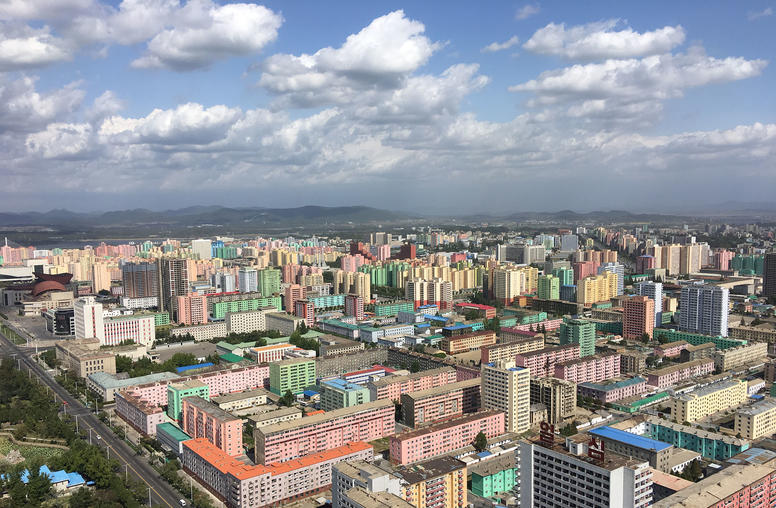
North Korea: Coronavirus, Missiles and Diplomacy
Despite reporting no cases of COVID-19, North Korea’s poor health infrastructure and proximity to coronavirus hotspots make it especially vulnerable to the deadly pandemic. Increasing the risks, humanitarian workers and medical supplies in the North Korea are limited by travel restrictions and sanctions even as the U.N. sanctions committee provided some exemptions to help deal with the virus. An outbreak of the disease in North Korea could have crippling political and socioeconomic consequences, even threatening its internal stability.
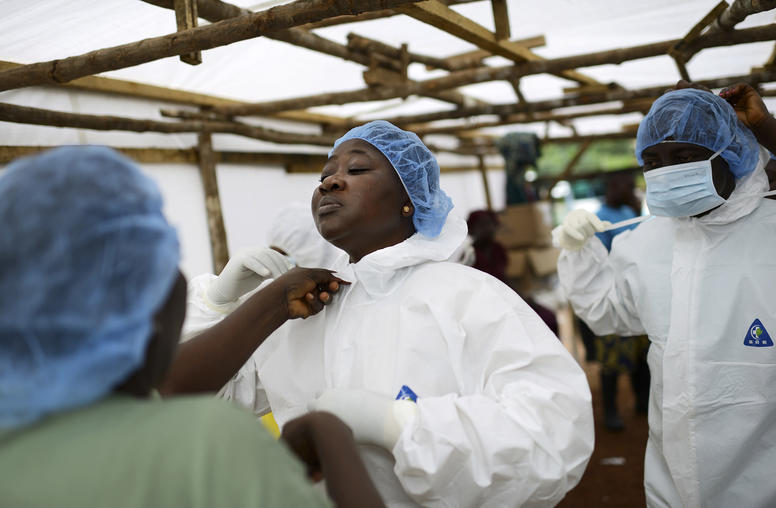
How to Make Women Count in the Response to Coronavirus
As health organizations and national governments seek to stem the spread of COVID-19, it is critical that they understand the gender dynamics in their societies. Efforts to combat the pandemic will only go so far if women and girls are left behind in the process. For example, how can a woman experiencing domestic violence quarantine at home safely? Thankfully, global efforts to integrate women as equal partners in peace and security can provide key lessons in responding to health epidemics more inclusively and effectively.
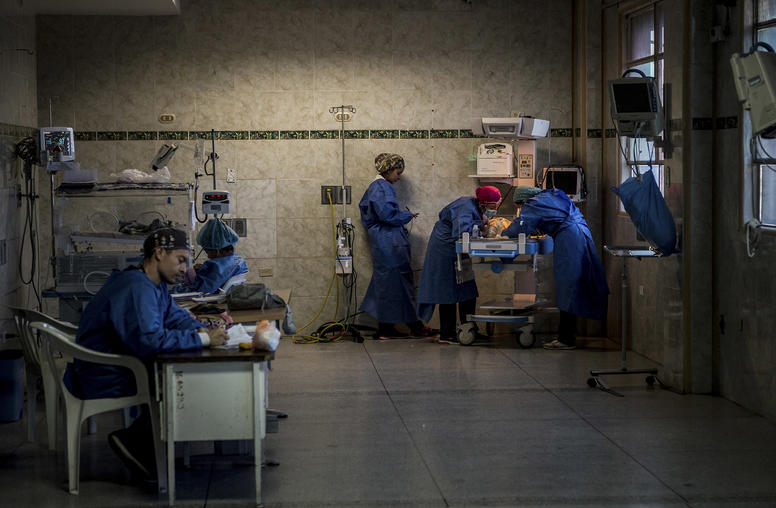
Venezuela: Could the Coronavirus Threat Be an Opportunity?
Helping Venezuela resolve its political crisis will be vital to containing the potentially catastrophic COVID-19 pandemic there. A truce in the country’s power struggle is urgent, and last week’s U.S. proposal for a transitional government offers useful ideas, even for a naturally skeptical governing regime. Advancing them would benefit from mediation, perhaps by the Vatican or the United Nations, and will require cooperation among the major powers—the United States, Russia and China—involved in the crisis. If Venezuelans and outsiders can join against the common human threat of coronavirus, that could lay foundations for an eventual political solution to the decade of turmoil that has brewed the hemisphere’s worst humanitarian disaster.